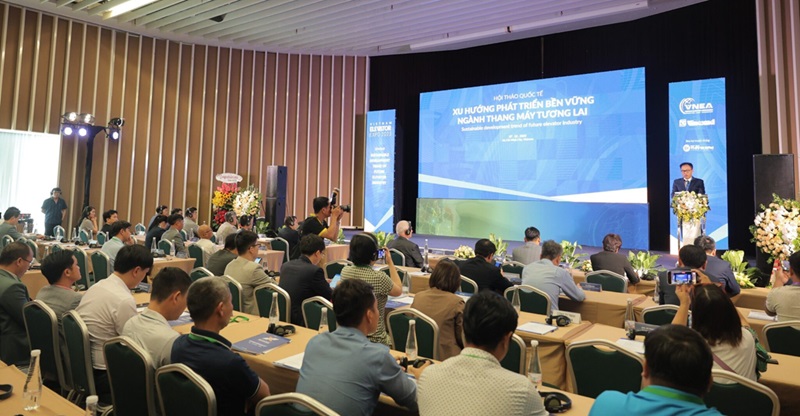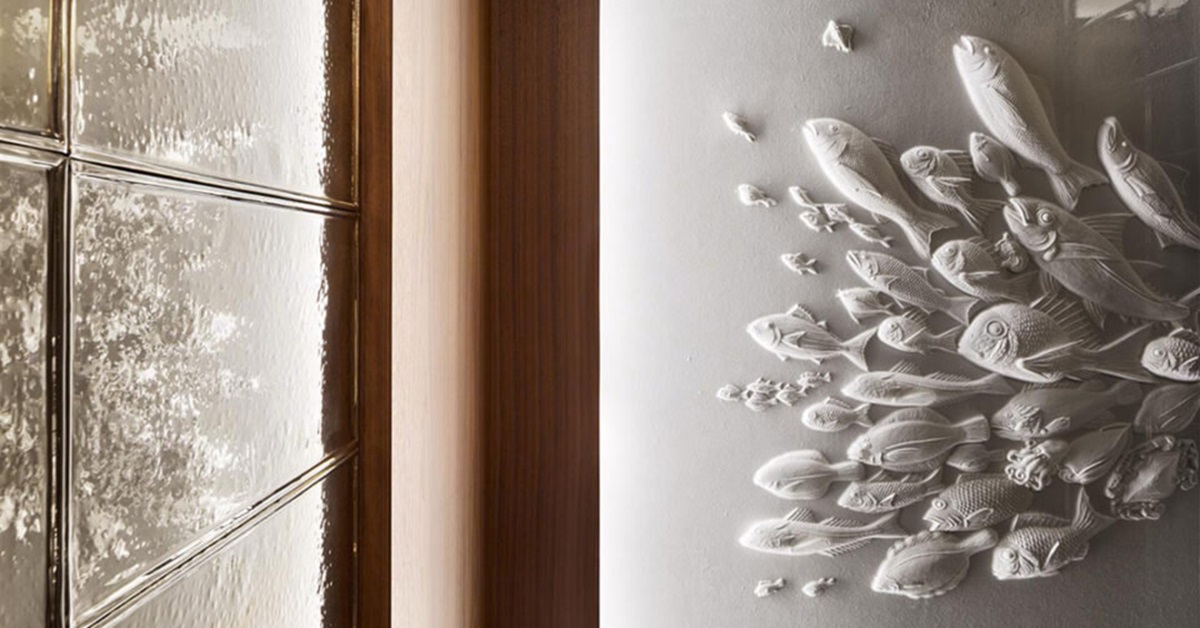EM – “Man’s dearest possession is life. It is given to him but once, and he must live it so as to feel no torturing regrets for wasted years, never know the burning shame of a mean and petty past.”
3 a.m.
The alarm blared, jolting Hai awake. He quickly grabbed his phone from the nightstand. It was a call from the elevator rescue center. A difficult case, they said.
Grabbing his toolbox and safety gear, Hai stepped out of the house and hopped onto his trusty vehicle that had accompanied him through every nook and cranny of Hanoi. The biting winter chill nipped at him, forcing a shiver despite his thick coat. It was December already, just a few more months until Tet. The season of biting winds made people shiver even indoors, let alone those who were out riding at 3 a.m.
Seven years have passed since Hai started his career as an elevator technician.
Seven years had honed Hai’s ability to understand elevators inside and out. “Night shifts, diagnosis, troubleshooting” – these terms that often crossed his mind made him feel like a doctor of sorts.
Only, his profession was often undervalued and underappreciated.
The first time Hai stood in the elevator shaft at the Hang Dau construction site, his mind was overwhelmed. The dark, cramped space and the treacherous height made his heart race. It took him a while to calm himself down. Just one misstep and he dared not imagine the consequences. It wasn’t until he became accustomed to the environment and reminded himself of safety protocols that he began to feel more at ease on construction sites. Even the sleep, heavy with the scent of machine oil, and the plain meals from a lunchbox started to feel more satisfying.
Seven years in the elevator industry exposed Hai to countless occupational heartbreaking stories. Experience and seniority, he realized, weren’t enough to guarantee safety in such a hazardous profession. Compared to the 23-year-old electrical engineering graduate, he never imagined the reality would be so harsh.
Sometimes he wondered if he should give up his job and start driving for Grab. Hai calculated that if he could run many trips a day, his income would be even higher. Most importantly, he could be home with his wife and children, enjoying a warm meal after a long day.
It has been 3 months since Hai last visited home. Last night, while talking on the phone, his son kept asking when his dad would come back to fulfill his favorite pastime: being taken to the supermarket in the city center. Their family lives in a suburban area, and if it weren’t for his elevator career, Hai would probably still be working in agriculture with his parents in his hometown in the central region.
That year, Hai bought a new shirt for his job interview at an elevator company. It was during this interview that he first felt a spark ignite within him as his mentor shared his passion for the work. It was as if a lightbulb had gone off in his head. Then, he was mentored, coached, and encouraged to explore the intricacies of elevators, he felt a sense of joy and fulfillment, as if he were solving a complex puzzle.
Only later did Hai find out that he had been hired because the director had said, “Give this guy a chance, he must be really struggling, look at that faded shirt.” Every time he thinks back on it, how ironic it is!
A gust of cold wind snapped him back to reality. Just a few more miles to go. Hai replayed the details of the emergency call in his mind, trying to formulate a plan of action. He knew better than anyone how terrifying it could be to be trapped alone in a confined space at such a late hour. Countless times, the reward for his hard work was the sight of a relieved customer.
It is likely that the sense of security he provides to others is what keeps him going in this profession.
He knew that one day, he would find meaning in his work as an elevator technician. The comparisons to other professions, like medicine, would fade away.
Hai thought back to the short story “Silent Sapa” he had read in ninth grade, about a young man working alone as a meteorologist at the top of a mountain. His teacher had connected the story to the famous quote by Pavel in “How the Steel Was Tempered”: “Man’s dearest possession is life. It is given to him but once, and he must live it so as to feel no torturing regrets for wasted years, never know the burning shame of a mean and petty past.”
And so, the tireless car carried on, as did the determined person.



